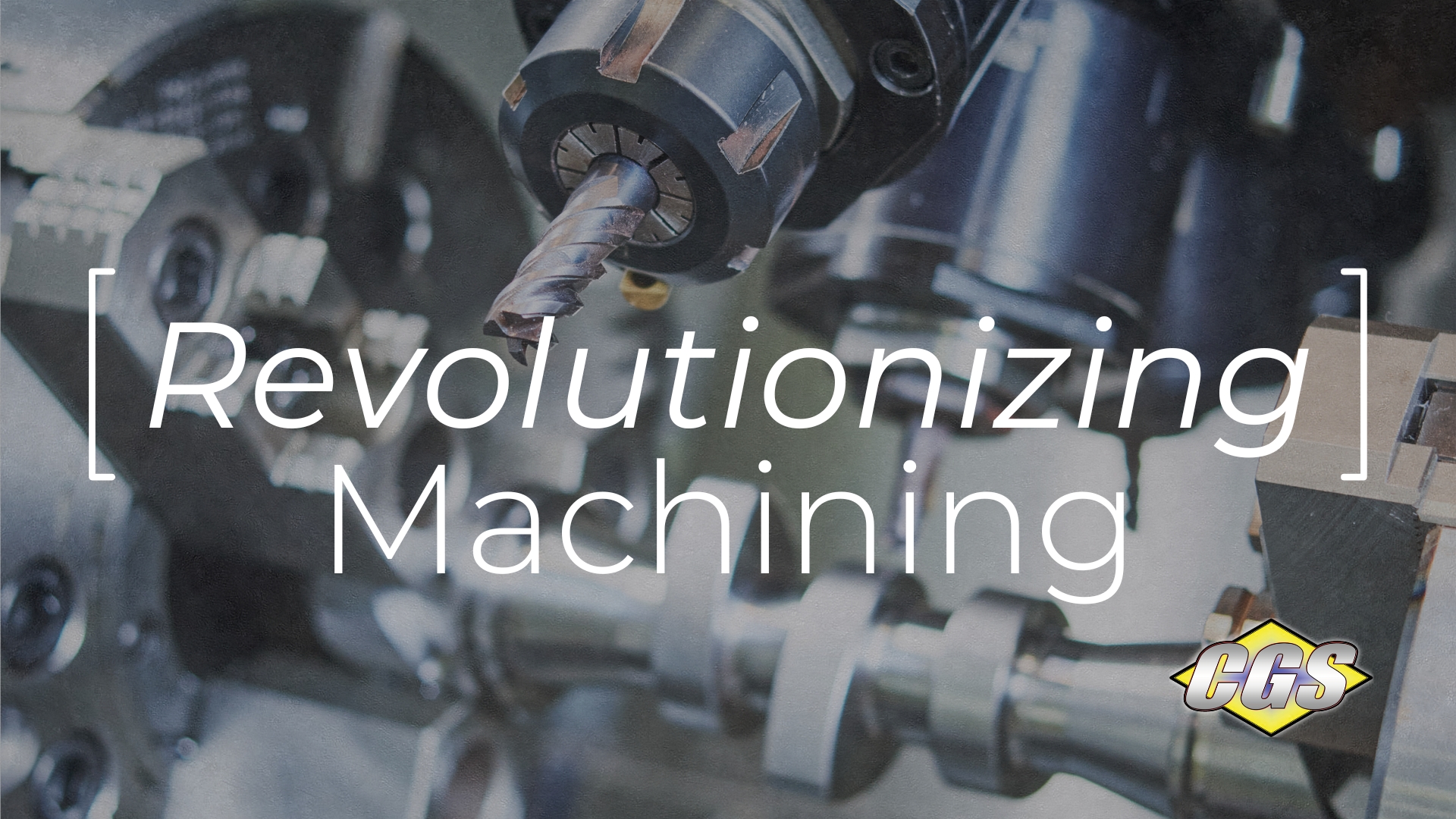Endmills and cutting tools have significantly revolutionized the machining industry by enhancing precision, efficiency, and versatility in manufacturing processes. Here's how these advancements have transformed the sector:
Precision and Accuracy
- Endmills, particularly those used in CNC (computer numerical control) machines, are designed to meet high precision and repeatability requirements. This is crucial in industries where tight tolerances are necessary, such as aerospace and automotive manufacturing. The ability to control multiple axes and program complex grinding paths allows for the creation of intricate and precise cutting tool geometries.
Versatility
- The variety of endmill types, such as square, ball-nosed, and dovetail, allows for a wide range of cutting applications, from general-purpose cutting to creating specific grooves and slots. This versatility makes endmills suitable for different materials and machining operations, from prototyping to mass production.
Efficiency
- Advanced endmills are designed with features like variable pitch and helix geometries, which help in optimizing cutting conditions and reducing vibrations. This leads to better surface finishes and longer tool life, thereby increasing overall machining efficiency. The design and material of the cutting tools, including the use of industrial diamonds or cubic boron nitride for grinding, enhance their effectiveness and durability.
Scalability
- End milling techniques are easily scalable, making them ideal for both small-scale prototyping and large-scale production. This adaptability has been crucial in allowing industries to scale up production without compromising on quality.
Technological Integration
- The integration of CNC technology with endmills has allowed for automated, precise, and repeatable machining processes. Specialized software can send automated milling instructions to the machine, which then executes these instructions with high precision. This automation reduces the dependency on manual skills and allows for more consistent and accurate production.
Economic Accessibility
- With the advent of compact, tabletop CNC routers and mini-milling machines, high-precision milling tools have become more accessible to DIY enthusiasts and small workshops. This democratization of technology has expanded the reach and application of advanced machining tools beyond traditional industrial settings.
Certainly, endmills and cutting tools have revolutionized the machining industry by bringing high levels of precision, versatility, and efficiency to manufacturing processes. These advancements have not only improved the quality and consistency of products but have also made sophisticated machining techniques more accessible to a broader range of users.



